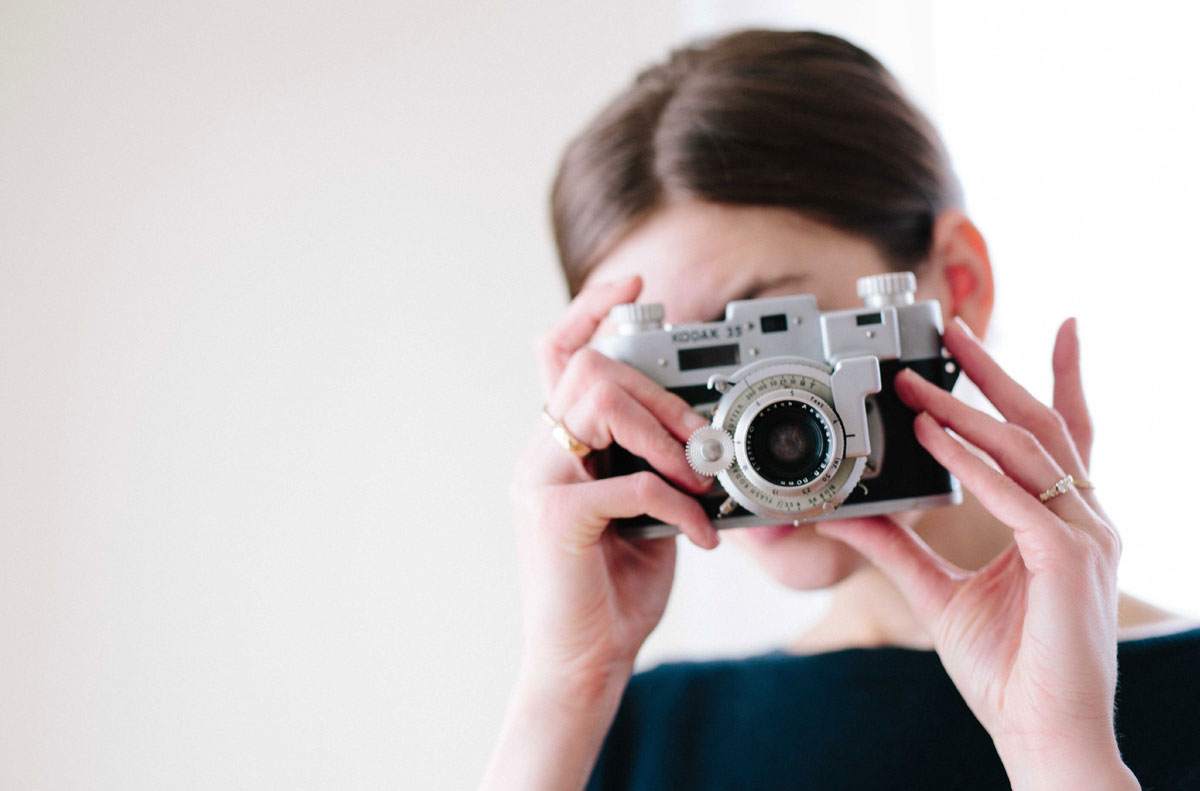It was my first day of class in a new college semester, and the professor asked each of us to introduce ourselves. We had to share our name, major, and the part that filled me with absolute dread: our hobbies. In the few moments I had before it was my turn, I couldn’t think of anything impressive! At the time, I was newly married and trying to get the hang of cooking for two and housekeeping while working and finishing my master’s degree. I reasoned that I didn’t have the luxury of a hobby! When it was my turn, I shyly admitted, “Uh, my hobbies are cooking and cleaning…” How embarrassing! Now, any other teacher would have let me just disappear, but this teacher was appalled, “Those aren’t hobbies! And no one likes to do those things!” I tried to shrug it off, and with a flushed face, I set about trying to answer that question for myself. What are my hobbies?
Looking back on that moment, I can see that I did have time for hobbies, but my decision to fill any free time I had with studying or housekeeping was just that: my decision. I know now I could have carved out some time to develop a new skill or explore new interests. I also disagree with that teacher: cooking and cleaning are great hobbies! Not only do lots of people do like to do those things, but those hobbies in particular have been turned into incredible businesses—just take a look at Ina Garten and Marie Kondo. Even the most commonplace activities can be pursued and enjoyed as hobbies—and in time, successful businesses.
Choosing to make time for hobbies has been a struggle for me, but my husband, on the other hand, has a ton of hobbies! The difference between us is that he cultivated most of his hobbies in childhood, and I didn’t. He had the benefit of beginning at an age with few inhibitions and the benefit of getting good at his hobbies over decades. What that means for me, as an adult, is that I have to be humble in finding hobbies by doing things that I’m not very good at yet. When that professor asked, “What are your hobbies?” what I heard was, “What are you good at?” But hobbies don’t have to be something you are good at! The question is really asking, “What do you find interesting?” Finding a hobby is not about discovering a hidden talent; becoming good at a hobby is a side effect of enjoying it.
By exploring new interests, hobbies allow adults to stay curious. In our home right now, we are reading through The Magic Treehouse series with our son. We are in a part of the series where the two main characters (both children) are traveling through time trying to discover four secrets to a happy life. Upon visiting Leonardo da Vinci, the kids learn that curiosity is one of the secrets to a happy life. Curiosity is part of what makes childhood so magical, but it doesn’t have to end there; hobbies are a wonderful way to stay curious and discover new pleasures that life has to offer.
Hobbies enrich one’s life because hobbies allow a person to explore new things for the sheer purpose of enjoyment. With time, many people become skilled at their hobbies, but that’s not a prerequisite for showing an interest. If you do become an expert at your hobby, you can maybe one day turn your product or service into a successful business, but you don’t have to start there. Start by making time for hobbies in your life. Start by being willing to be a novice at something you find interesting. Start by embracing curiosity. I am interested in many hobbies I have yet to pursue: I would love to take a few art classes and paint landscapes in my free time; I want to be able to play classical music on the piano; I want to learn how to parle some French before going to France some day. I won’t begin at the level I aspire to, but I know by taking on any of these hobbies, I can enjoy a more interesting life. What about you? What do you find interesting?

 Kara Caplivski is a teacher and writer. She calls Boca Raton, FL home along with her amazing husband, David; adorable son, Elliot; and dogs, Ruby and Shadow.
Kara Caplivski is a teacher and writer. She calls Boca Raton, FL home along with her amazing husband, David; adorable son, Elliot; and dogs, Ruby and Shadow.